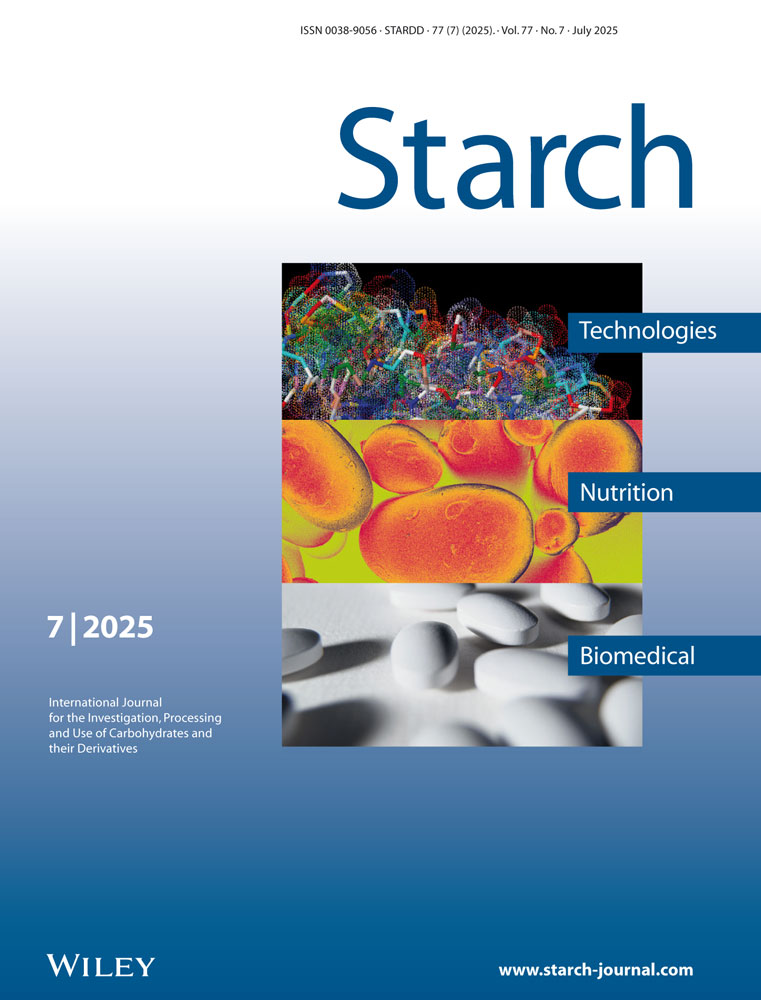Concentrated Water Solution of Salts as Solvents for Reactions of Carbohydrates. Part 1: Reactions of Glucose Promoted by Concentrated Solutions of Alkaline and Alkaline Earth Metal Salts
Abstract
enSaturated water solutions of selected alkaline and alkaline earth metal salts have been studied whether or not they catalyze the formation of levulinic acid from glucose. The most active was a solution of magnesium chloride. Activity was further increased in the system (MgCl2+H+).
We observed complete inhibition of this reaction by NO3−. Contrary to the generally accepted opinion that formation of hydroxymethylfurfural is only H+ catalyzed, we observed activity of the system formed from MgO and MgCl2 when one starts from glucose. (MgCl2+ MgO) in water is alkaline.
Abstract
deKonzentrierte Wasserlösungen von Salzen als Lösungsmittel für Reaktionen von Kohlenhydraten. Teil 1: Reaktionen von Glucose, gefördert von konzentrierten Lösungen von Alkali- und Erdalkalimetallsalzen.
Gesättigte Lösungen von ausgewählten Alkali- und Erdalkalimetallsalzen wurden untersucht, ob sie die Bildung von Lävulinsäure aus Glucose katalysieren. Am aktivsten war eine Lösung von Magnesiumchlorid. Die Aktivität wurde weiter erhöht in dem System (MgCl2+H+).
Wir beobachteten die vollständige Inhibierung dieser Reaktion durch NO3−. Im Gegensatz zur allgemein akzeptierten Meinung, daß die Bildung von Hydroxymethylfurfurat nur durch H+ katalysiert wird, beobachteten wir eine Aktivität des aus MgO und MgCl.2 gebildeten Systems, wenn man von glucose ausgeht. (MgCl2+MgO) in Wasser ist alkalisch.




